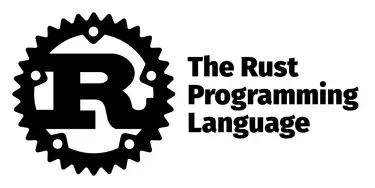This document explains how to create a library in Rust and utilize it from a main program. A simple example is provided to enhance understanding of modules.
Project Creation
First, create the main project and the library.
cargo new main_app
cargo new --lib utilsThis will result in the following directory structure:
.
├── utils
│ ├── Cargo.toml
│ └── src
│ ├── lib.rs
│ └── math
│ ├── mod.rs
│ └── operations.rs
└── main_app
├── Cargo.toml
└── src
└── main.rsLibrary Implementation
Define nested modules within the library (utils).
utils/src/lib.rs:
pub mod math;utils/src/math/mod.rs:
pub mod operations;utils/src/math/operations.rs:
pub fn add(a: i32, b: i32) -> i32 {
a + b
}
pub fn subtract(a: i32, b: i32) -> i32 {
a - b
}This library creates a module named math, which in turn contains a submodule called operations.
Utilizing the Library in the Main Project
To use utils in the main project (main_app), add the dependency.
Add the following to main_app/Cargo.toml:
[dependencies]
utils = { path = "../utils" }Next, use utils in the main program (main_app/src/main.rs).
main_app/src/main.rs:
use utils::math::operations;
fn main() {
let sum = operations::add(5, 3);
let difference = operations::subtract(10, 4);
println!("5 + 3 = {}", sum);
println!("10 - 4 = {}", difference);
}Execution
Execute with the following command:
cd main_app
cargo runOutput:
5 + 3 = 8
10 - 4 = 6Summary
- Create a library using
cargo new --lib - Define nested modules using
pub mod - Add dependencies by specifying the path in
Cargo.toml - Call the library in the main program using
use
This example provides a clear and concise demonstration of Rust modules and libraries.
